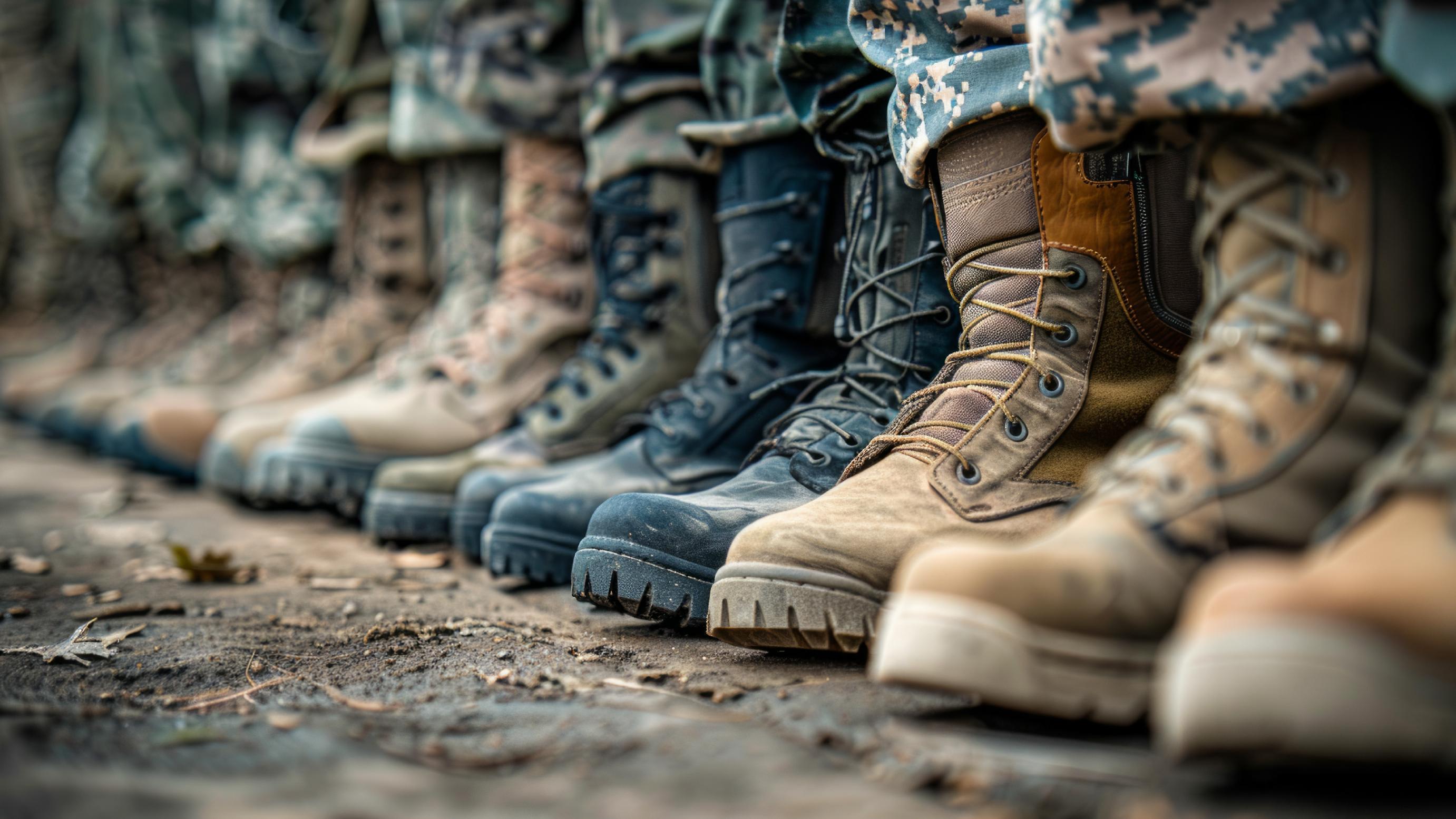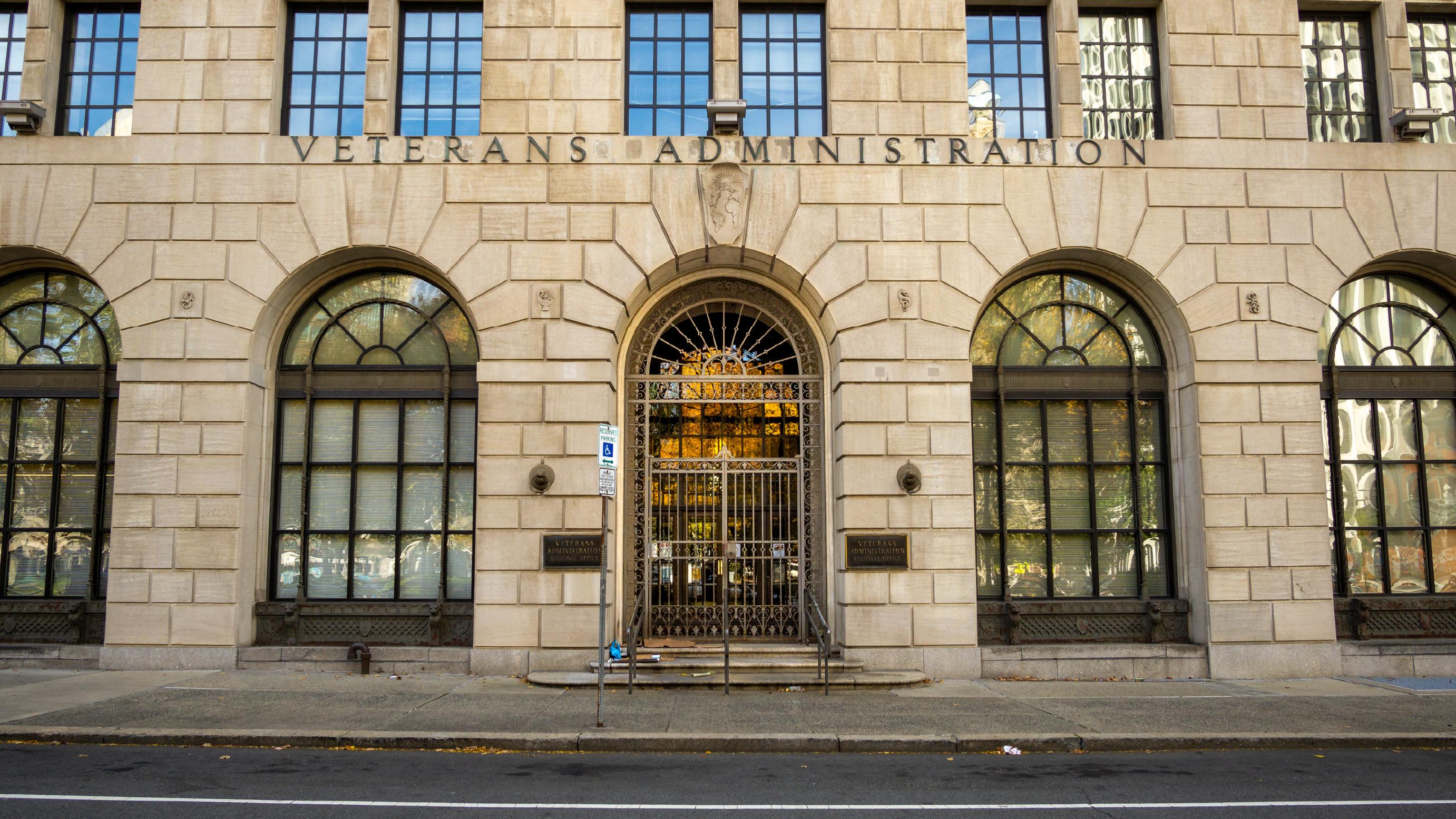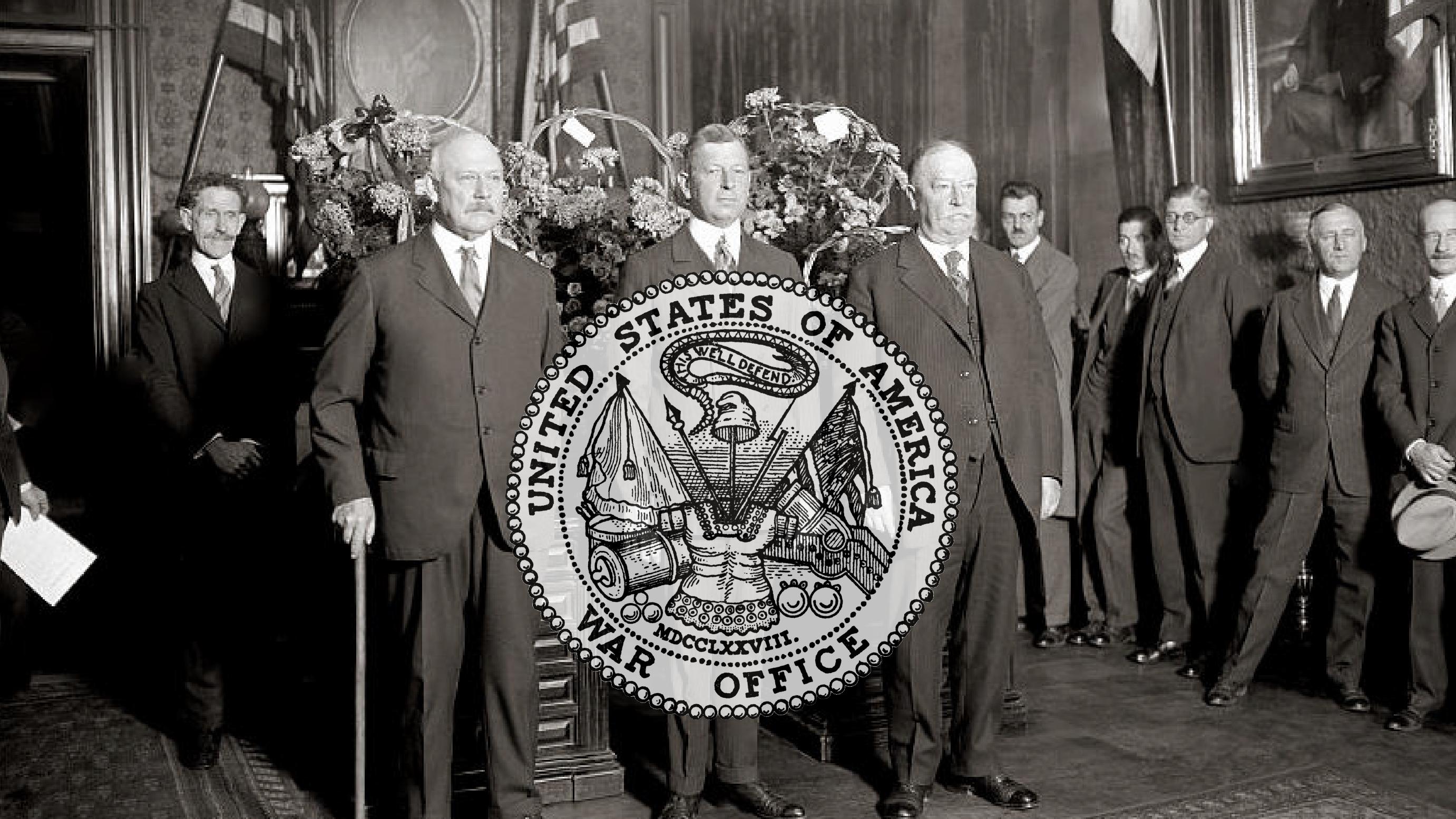MILITARY SLANG & PHRASES THAT ONLY VETERANS WILL UNDERSTAND

When it comes to the specifics of military life, there’s a lot that civilians don’t understand. That’s because the military is a world unto itself, with its own unique culture, customs, and, yes, language. While some terms trickle into civilian life, many remain within the confines of the armed forces, becoming somewhat of a “secret handshake” among those who have served.
For those outside the military, this jargon can definitely be confusing. But for Veterans, hearing these terms again fosters a sense of mutual understanding. In this article, we are taking a look at military slang words and phrases that only Veterans will truly understand.
What is Military Slang?
Military slang is the unique jargon and expressions that service members use in the armed forces. It typically includes abbreviations, or other shortened ways of communicating information, such as acronyms, nicknames for equipment, and more. Military slang is often direct and has roots in the culture.
However, military slang can also be fluid, as it changes from region to region, and can even evolve over time and with different missions. It’s largely a way for Soldiers, Sailors, Marines, Airmen, and Coasties to communicate. Additionally, it’s a way to build camaraderie.
Think back to your time serving. What military slang did you use? Maybe, you still use some of those words today.
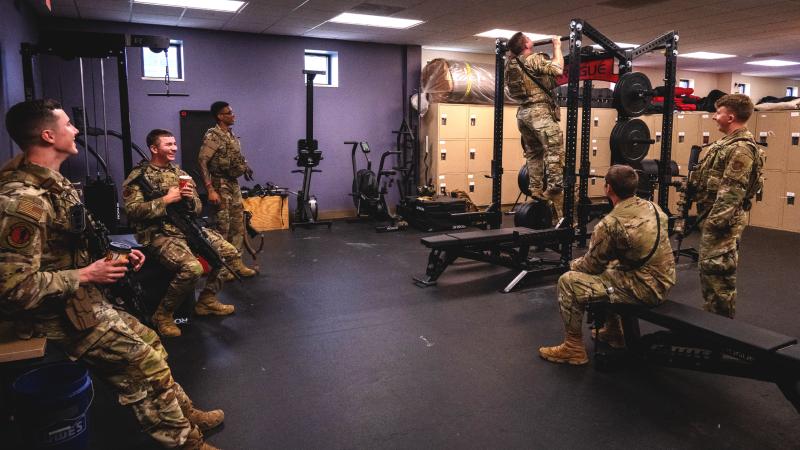
Military Slang You’ve Likely Heard Before
Military slang is a common part of the day-to-day language of military life. But, not so much in the civilian world.
Below, we’ve compiled some common military slang terms that’ll make you chuckle, and will likely confuse your civilian friends.
- Say Again: In the military, this term is used for artillery commands, specifically to fire again at a target previously engaged. Civilians will likely interpret a different meaning of the phrase, commonly using it to ask someone to repeat themselves.
- Civvies: This phrase will likely throw your friends for a loop, as it’s used to refer to the clothes worn when off duty.
- GI: This phrase originally stood for “government issue,” but now it’s used to refer to soldiers in general.
- Rack: While Vets commonly associate this phrase with going to bed, for civilians, the word’s meaning depends highly on the context in which it is used.
- Hooah: It’s an all-purpose Army term that means “yes,” “understood,” “let’s do it,” or sometimes, just a way to sound tough. A commonly used term, you’ll probably not trip up your civilian friends very much with this one. Regardless, you can use it to test their knowledge of the military.
- Bravo Zulu: A term that civilians likely haven't heard before, this refers to praise or a “well done” that usually comes from naval signal flags.
- FUBAR: This term stands for “fouled (or a less polite version) up beyond all recognition,” often used when things go sideways.
Funny Military Slang That Sounds Made Up
Military life also has humor. It’s not only grit and grime, and these few funny military slang terms will show your civilian friends that service members still find a way to have a laugh, even in the toughest situations.
- Chairborne: It’s the opposite of airborne, and it will probably make your civilian friends who have a desk job chuckle. This slang term is used to describe personnel who have desk jobs rather than field or combat assignments.
- Crispy: The meaning of this word is sure to throw many civilians for a loop, as it’s used to describe someone who is overly motivated.
- Moonbeam: No civilians, this term isn't referring to Benson Boone’s new song, but rather is a slang term for a specific type of anglehead flashlight, the MX-991/U. More broadly, the term is used to refer to any flashlight used in various situations.
- Soup Sandwich: This phrase refers to something that is totally messed up – if used in a sentence, it goes something like: “That operation was a soup sandwich.”
- Scuttlebutt: Often referring to humor or gossip – of course, the military does that too. In the literal sense, it’s a cask of fresh drinking water where sailors loitered and drank.
- Brain Housing Group: This means to think or “use your head.” When used in a sentence, it goes something like, “Use your brain housing group!”
- Fangs Out: This term is often used when a team is going in aggressively; when used, “The team went in with their fangs out.”
- POG: It stands for “person other than grunt,” or someone who doesn’t serve in frontline combat.
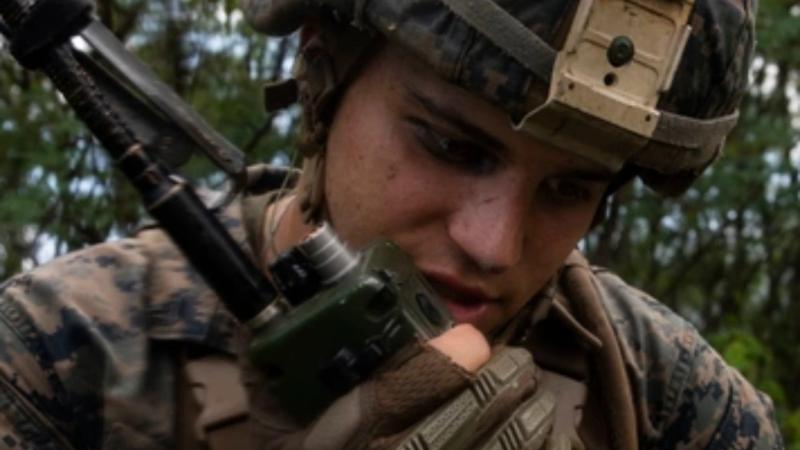
Field-Tested Military Slang Terms
As all Veterans know, clear communication matters. These military slang terms are often used in the field when the pressure is on in combat.
- Hump: In a military context, the term is used when the team is carrying a heavy load, or they are ready to march. But, use this term with your civilian friends on Wednesday, and you’ll probably get a lot of celebration or a sigh of relief.
- SITREP: This term stands for “situation report,” meaning a quick status update on your situation.
- Bird: No, not the animal, but rather a classic term in the military. It just means helicopter or aircraft.
- Frag: Shortcut for fragmentation grenade. It’s also a slang term for taking someone out.
- Click: Used to measure distance, if your civilian friends get this one right they have some expert knowledge. You might consider testing their knowledge that next time you're traveling, and see how they respond to you saying, “We’re five clicks out.”
- Overwatch: Usually shouted when covering your team with fire while they're in motion.
- Oscar Mike: A slang term for “on the move,” often used to indicate a unit is moving out.
Military Slang Is a Strong Unifier
Military slang is far more than just a collection of quirky words and phrases; it's a vital part of military culture and a unifier for those who've served. Each term carries a weight of shared experience, inside jokes, and the unique challenges of service life.
While some of these words might confuse civilians, for Veterans, they evoke memories, camaraderie, and a profound sense of belonging. They are the linguistic threads that underlie military service, allowing Veterans to communicate on a deeper level and instantly connect with others who have served.
Read next:
- The U.S. Army Camel Corps Was a Real, But Strange Chapter of Army History
- Hilarious and Common Military Acronyms & Their Meaning
- The Tootsie Roll Airdrop: How a Codeword Mix-up Led to a Sweet, Life-Saving Mistake
Sources:
